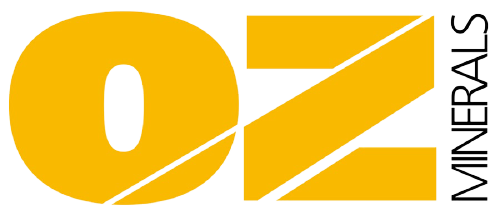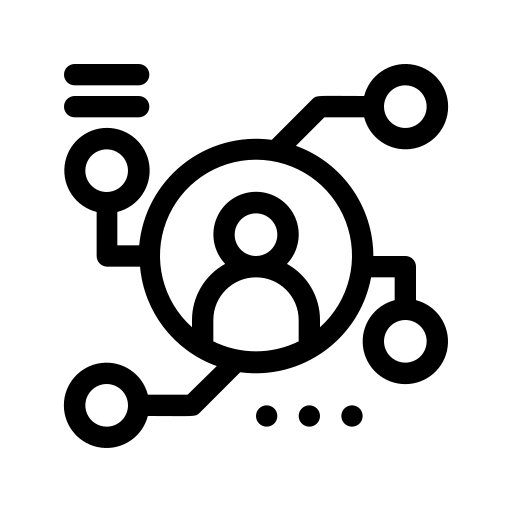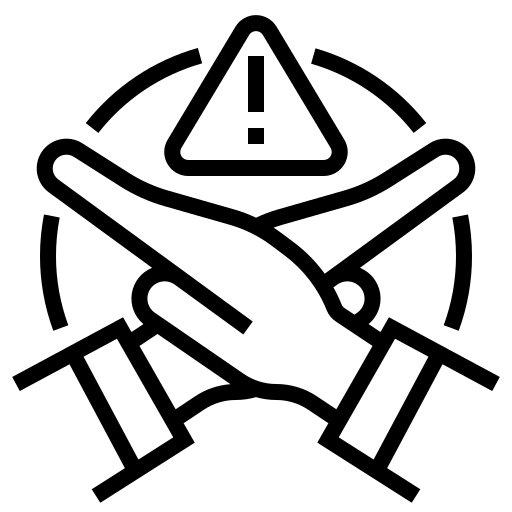Your content goes here. Edit or remove this text inline or in the module Content settings. You can also style every aspect of this content in the module Design settings and even apply custom CSS to this text in the module Advanced settings.
The Mining Interoperable and Open Systems (MIOS) Consortium is a US-based not for profit that is founded on a shared common belief that a mining company led approach is the fastest, and possibly only, path to achieving OEM interoperability and an open standard, and thereby accelerating the path to a fully autonomous/automated mine.
Founding Members
The MIOS Consortium has been established by three leading mining companies The Consortium is now seeking additional members to be part of the MIOS mission. So, if you are a mining company with an aspiration to unlock huge value through autonomous and automated operations, then MIOS will be a fit for you.



Key Operating Principles


Act with a sense of urgency and conduct work with speed via short sprints

Stimulate the market to work towards an Open & Interoperable autonomous mine

Avoid direct investments in hardware activities

Conduct efforts with a light capital expenditure approach
MIOS Consortium’s goals


Accelerate a commercially adopted open and interoperable autonomy standard/s

Avoid the costs and restrictions of proprietary autonomy solutions

Realize the significant value of a fully or near fully autonomous mine

Quickly benefit, both technically and economically, from the relentless innovation occurring in sectors such as trucking, passenger cars, and other industrial environments
Why Open & Interoperable Standards are Important
Establishing uniform engineering or technical requirements enables approaches for collaboration between multiple technology providers. An open and interoperable technology system is one whose interfaces are completely understood to work with other products or systems, at present or in the future, in either implementation or access, with restrictions. They enable a plug-and-play approach and are often based upon a standard.
The Benefits of Open & Interoperable Standards

Access to all operational data without any encumbrances and charges

Ability to optimize the system and drive business value

Ability to work across multiple vendors for mobile equipment and autonomy solutions

Accelerate commercial adoption via multiple paths including encouraging OEMs and startups to build in accordance with standards
Current areas of interest are an open Drive-By-Wire (DBW), fleet management and orchestration, and operational integration across the value chain from mine to mill.


Learnings from Another Sector
The history of the computer industry has shown that open systems provide:
Easy integration of best of breed (i.e., plug-and-play)
Easiest way to build scale
Higher rates of adoption
Higher number of providers
Least expensive to develop and buy
Higher levels of adaptability
Bill Visnic, Autonomous Vehicle Engineering, October 2018; Accessing the Fast and Furious Pace of Autonomy to Transform Mining, June 2019


Learnings from Another Sector


The history of the computer industry has shown that open systems provide:
Easy integration of best of breed (i.e., plug-and-play)
Easiest way to build scale
Higher rates of adoption
Least expensive to develop and buy
Higher number of providers
Higher levels of adaptability
Bill Visnic, Autonomous Vehicle Engineering, October 2018; Accessing the Fast and Furious Pace of Autonomy to Transform Mining, June 2019
Benefits of Becoming a Member
Participate in moving the industry to utilize an open and interoperable system, and benefit from the value of such a system
Stay ahead of the curve by knowing the current and future open and interoperable approaches and standards
Protect your business from making obsolescing investments
Share lessons learned and best practices from other member companies
